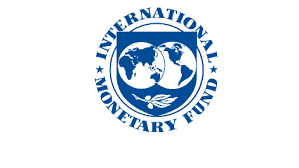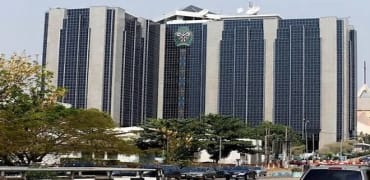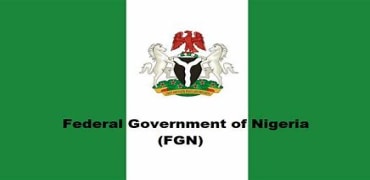Why Nigeria Economic Reforms Are Stuck: IMF Unveils Troubling Trends
"Why Nigeria's Economic Reforms Are Stuck: IMF Report Unveils Troubling Trends"
By Achimi Muktar
Economic reforms touted as transformative by Nigeria’s federal government have failed to deliver measurable progress 18 months in, according to the latest International Monetary Fund (IMF) report on Sub-Saharan Africa. The IMF’s analysis paints a grim picture of Nigeria’s economic trajectory, spotlighting persistent inflation, crippling debt, and stalled agricultural reforms, with the country missing out on regional success stories.
IMF's Sobering Assessment
The IMF report, unveiled at the Lagos Business School by Deputy Director Catherine Patillo, outlined the region’s modest economic growth, expected to average 3.6% in 2024. Nigeria, however, lags behind at 3.19%, signaling underperformance. While countries like Ghana and Zambia were credited for fiscal improvements, Nigeria failed to make the list.
“Inflation remains a challenge,” Patillo noted, citing Nigeria’s alarming rate of 33.8%, which far exceeds the 21% target for 2024. Exchange rate instability and a depreciating naira further underscore the nation’s economic struggles, leaving Nigeria among the most affected in the region.
Debt Burden and Fiscal Strain
The IMF report also highlighted Nigeria’s unsustainable debt servicing costs, with interest payments consuming over 20% of revenues. This fiscal stress is exacerbating resource scarcity for critical development projects. “In Nigeria, rising debt service burdens are absorbing resources meant for development spending,” the report warned, grouping Nigeria with high-risk economies like Angola and Zambia.
Agricultural Sector: Aspirations Without Action?
The Tinubu administration’s promise of agricultural reform has similarly faltered. Stakeholders, including the All Farmers Association of Nigeria (AFAN) and ActionAid, have criticized the lack of impactful implementation. Despite policy announcements, farmers continue to face skyrocketing input costs, poor credit access, and insecurity, limiting the reforms’ impact.
“Reforms remain largely aspirational,” said Jerry Olanrewaju, Team Lead at Jet FarmNG. “We need measurable indicators and streamlined processes to achieve real progress.”
Food Insecurity and Rising Hunger
ActionAid’s Country Director, Andrew Mamedu, revealed that Nigeria ranks as the fifth most food-insecure country globally, with food inflation worsening access to basic staples. “Despite reforms, the average Nigerian still struggles with affordability,” Mamedu noted, calling for subsidies, rural development, and climate-resilient practices to stabilize the sector.
Missed Opportunities, Grim Outlook
While neighboring nations enjoy renewed optimism through reform successes, Nigeria remains marred by “adjustment fatigue.” The IMF emphasized the need for trust-building and inclusive reform strategies to gain public support. However, with tightening domestic financing conditions and persistent social unrest, Nigeria’s path to recovery appears increasingly fraught.
What’s Next?
For Nigeria’s reforms to succeed, experts recommend prioritizing smallholder farmers, improving rural infrastructure, and addressing systemic issues like poverty and inequality. “It’s not just about policies; it’s about execution,” Olanrewaju stressed. The IMF concurs, urging the government to rethink reform strategies to rebuild public trust and deliver tangible results.
As Nigeria grapples with mounting challenges, the question looms: Can the government turn aspirations into action, or will the reforms remain stuck in a cycle of unfulfilled promises?





















